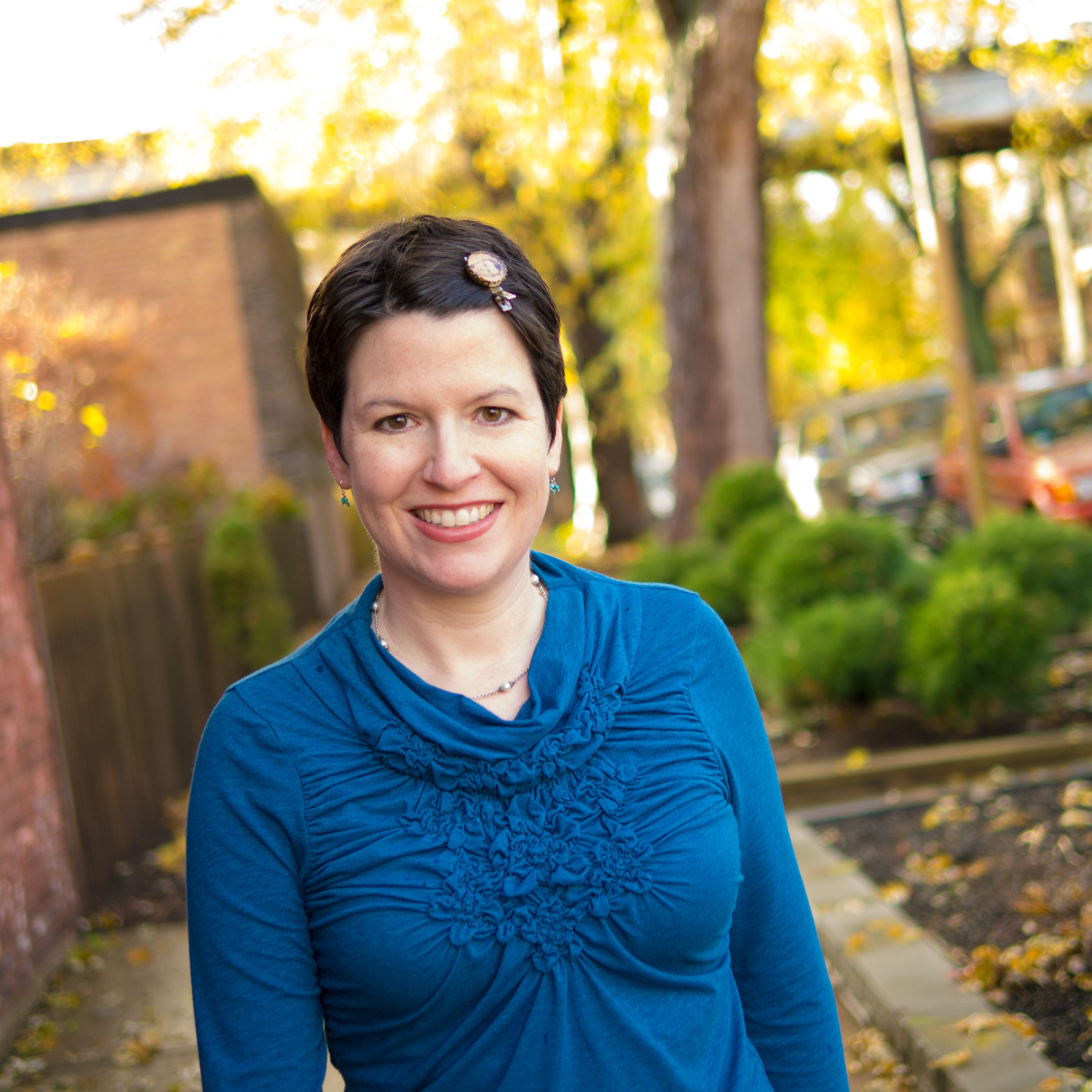Chicago resident Tom Doyle shares with us what living with dementia is like for him. Here are his words, as told to Chicago Health writer Kate Silver.
Last year, my husband, Levi, and I were attending a meeting for the Alzheimer’s Association at a downtown hotel, and we took a break for lunch. The waiter was making small talk and asked why I was there, at the hotel. When I told him I have Alzheimer’s disease, he was taken aback. He told me I don’t “look” like I have dementia. I am, after all, an active man in my 60s, so it can come as a surprise.
And yet, dementia has become a part of my identity for the past four years. In 2015, I began having memory problems.
I was a college professor, and I couldn’t remember parts of lectures I’d been giving for years. I would struggle to answer students’ questions and get lost in my own sentences. It was awful. My anxiety grew to the point that I would have panic attacks before class. I had no idea why it was happening.
I went to see a neurologist, who performed a quick memory test and determined I had mild cognitive impairment. I’ve since gone on to see other doctors, who had other diagnoses. One diagnosed me with early-onset Alzheimer’s disease and another with Lewy body dementia — a type of dementia associated with Parkinson’s disease, which I also had been recently diagnosed with.
On the advice of my psychologist, I resigned from my job. I was so overwhelmed. Between the cognitive struggles, the anxiety and the Parkinson’s, he believed if I kept working, it could kill me. But on my own, I felt alone and isolated. I went from keeping a very busy schedule, with a career that gave me a sense of identity, to long days of feeling hopeless and helpless. I cycled through the stages of grief: denial, anger, bargaining, depression and, finally, acceptance.
One thing that’s helped me get to this point is my involvement with the Alzheimer’s Association. By attending support groups, Levi and I met others who were going through similar experiences and emotions, both as patients and as care partners. Last year, I served on the Alzheimer’s Association National Early-Stage Advisory Group, and this year, I’m on the board of directors.
I’m no longer teaching at a university, but through my involvement with the association, I’m still using my teaching skills to talk about my experience, and that gives me a deep sense of meaning and purpose.
Of course, there are challenges I face every day. I don’t remember things like I used to. If someone gives me too many directions at once, I become overwhelmed. I’ll forget words or repeat myself. I’ve given up cooking and driving. But I’m so incredibly fortunate to have a patient, kind care partner, a remarkable support network and a stellar team of healthcare professionals.
If there’s one message I can share with others, it’s this: You can be happy, joyful and feel valuable as a person, even while living with this disease. I know that I have dementia. But dementia doesn’t have me.
Above Image: Tom Doyle (right) and his husband Levi (left). Photo by James Foster. Originally published in the Spring/Summer 2020 issue.

Kate Silver writes about health, travel and lifestyle for The Washington Post, Chicago Tribune, The Telegraph and other publications.










